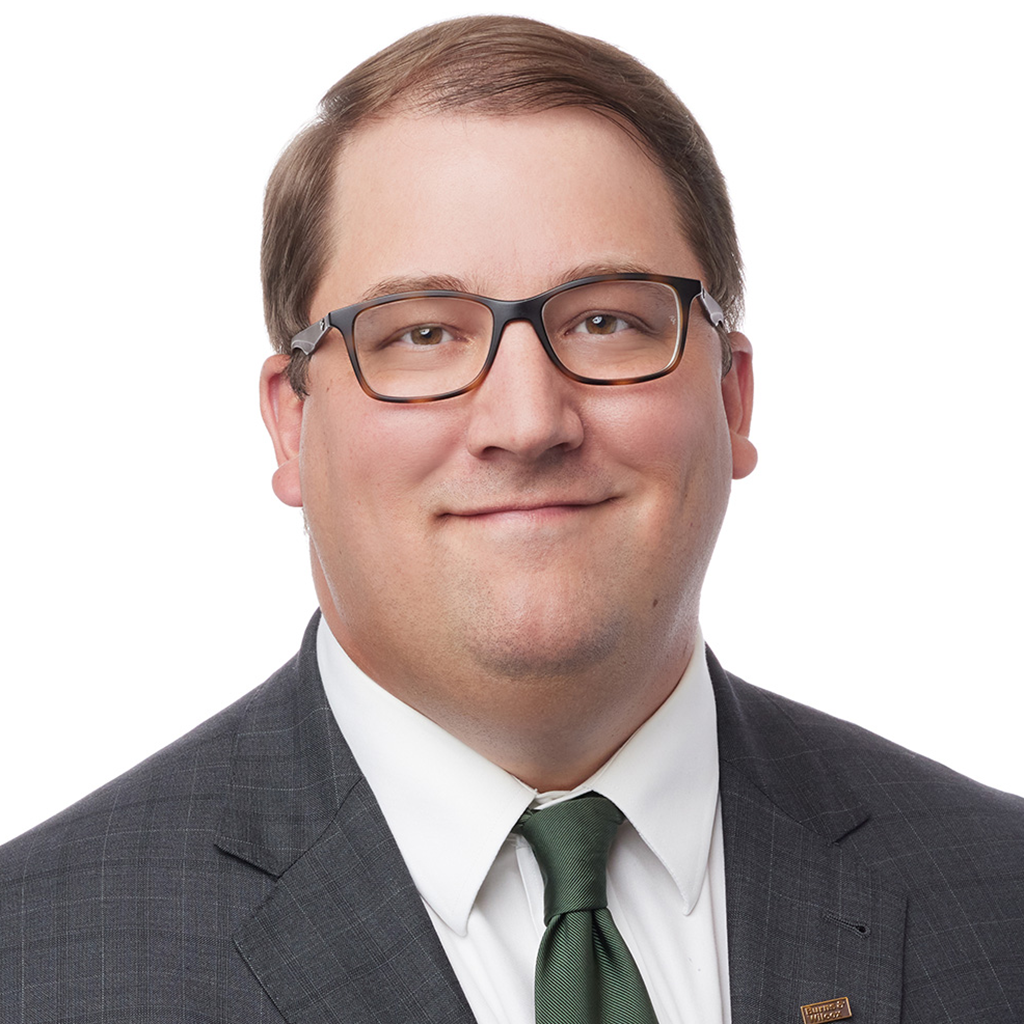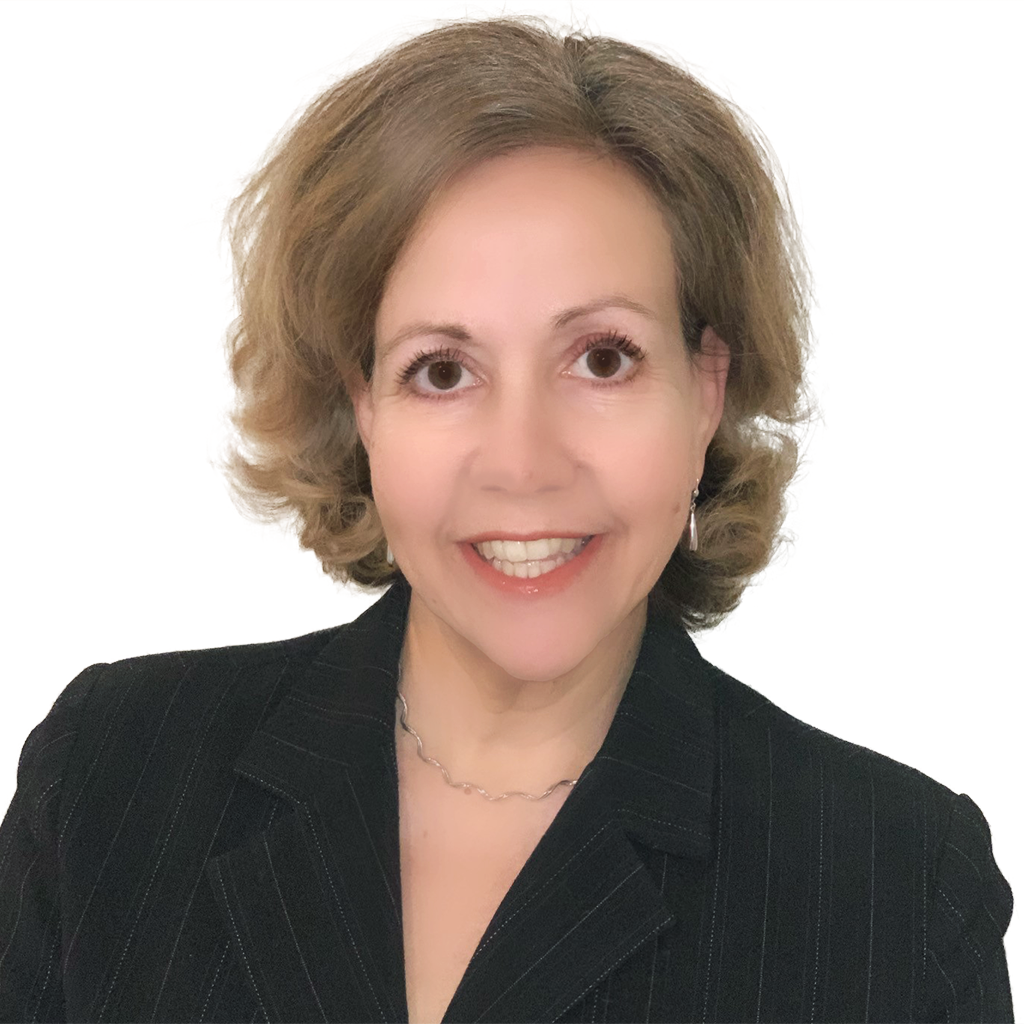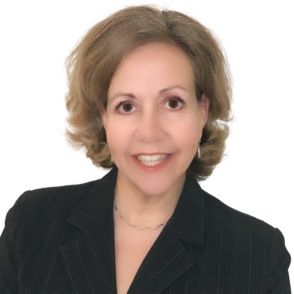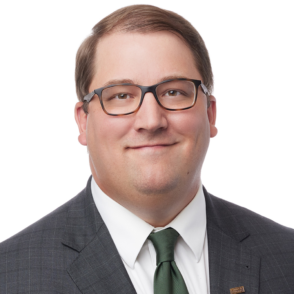As parents across the U.S. and Canada grapple with their children’s return to school amid a pandemic, “learning pods” have emerged as a potential solution to meeting kids’ academic and social needs while minimizing contact with large groups.
Two mothers in Delaware County, Ohio recently launched Web Student Services, LLC, a learning pod startup that pairs certified teachers with limited groups, or “pods” of students to facilitate an at-home school curriculum on public grounds. The company has already enrolled more than 70 families, most of whom pay about $90 per week.
Other parents are organizing learning pods with neighbors and hiring tutors or nannies to support their children’s online learning at different homes each week. Others are enrolling in commercial programs, either at existing child care or tutoring centers or other facilities—like fitness centers—that have reconfigured their traditional model to offer child care and learning support services for school-aged children.
Despite widespread need and the potential for revenue these new ventures are not without risk.
“As with anything where kids are involved, many things can happen, or go wrong,” said Jim Phillipp, Senior Broker, Commercial, Burns & Wilcox, Chicago, Illinois. “If your facility has not usually had children entering and exiting the premises, there is increased risk of slips and falls, for example. Many of these startups may be offering services without even having insurance coverage in place, which leaves them very exposed and vulnerable.”

Many of these startups may be offering services without even having insurance coverage in place, which leaves them very exposed and vulnerable.
While the pod and “micro-school” trend may only grow as more school closures are predicted, home and business owners considering starting their own learning pod—for profit or in collaboration with friends and neighbors—should carefully review their insurance coverage first. In many cases, liability coverage is excluded from standard Homeowners and Dwelling Insurance and Commercial General Liability (CGL) Insurance policies if a business is not disclosed to the insurance carrier before it becomes active.
“That parents are looking for solutions to meet their families’ needs is of course understandable; however, most—or possibly all—Homeowners and Dwelling Insurance policies do not cover an exposure like this,” said Pamela Alphabet, Regional Practice Group Leader, Personal Insurance, Burns & Wilcox, Scottsdale, Arizona. “There are unique requirements for running a business out of your home, and these pods would most likely be considered businesses. Parents may not be thinking about potential legal ramifications.”
Precautions do not eliminate injury liability
Unintentional injuries such as burns and falls are the leading cause of death among children in the U.S. and in Canada. Many of these injuries occur at home, with some of the most common unintentional home injury deaths among children resulting from fire and burns, suffocation, drowning, firearms, falls, choking and poisoning. Homeowners could be held liable if a child is injured while participating in a learning pod, said Tyson Peel, Vice President and Director, Property & Casualty, Burns & Wilcox, Toronto, Ontario.
“Children’s injuries can become quite expensive, depending on the extent,” Peel said. “A simple fall down the stairs could result in significant injuries to a child, and if you did not have proper handrails or gates installed in your home, you could absolutely be held liable for those injuries.”
In December, the family of a 1-year-old girl who suffered a brain injury at an understaffed day care in Buffalo, New York received a $200,000 settlement in its lawsuit against the facility. Serious injuries can occur anywhere, which is why homeowners hosting a learning pod should seek out either a Homeowners and Dwelling Insurance policy enhancement — only available in rare cases, Alphabet said — or a separate In-Home Business Insurance policy to cover losses related to injuries.
Those who already operate home-based child care centers, like one mother in Cleveland, Ohio who oversees e-learning for a pod of students at her home-based day care, should still consult a knowledgeable insurance broker or agent about how their insurance needs may have changed. Even pods held outside a home require coverage, Alphabet added.
“Whether a pod meets on or off premises, you still have some liability risk,” she said. “I cannot stress enough how important it is to consult an insurance broker or agent and obtain the appropriate coverage before starting a business. Otherwise, you stand to lose hundreds of thousands of dollars – it is a huge financial risk.”

I cannot stress enough how important it is to consult an insurance broker or agent and obtain the appropriate coverage before starting a business. Otherwise, you stand to lose hundreds of thousands of dollars – it is a huge financial risk.
The need for in-home child care has soared in recent months, according to data from caregiver site Care.com, which reported triple-digit percent increases in demand. In Ontario, Canada, where a significant percentage of Toronto-area parents are opting for remote learning due to COVID-19 concerns, one teacher said she has been overwhelmed with requests for her services.
Families sharing a teacher or tutor in a learning pod could pay $700 to $1,000 a month per family for those services. If the location of the pod rotates between multiple homes, each homeowner should be properly insured. “Each individual needs to have the appropriate insurance in place,” Peel said, adding that all hosts should adhere to workplace safety regulations, including those related to COVID-19.
An In-Home Business Insurance policy is not all-inclusive, Alphabet pointed out, and parents should know that lawsuits related to COVID-19 transmission are usually excluded from such policies.
Potential liabilities include teaching errors, abuse
In response to the growing need for school-age child care, some companies have launched subsidized “school-day supervision” programs for their employees’ children. One such partnership was recently established between Accenture and Bright Horizons to provide small-group, part-time supervision at existing child care and tutoring centers.
Learning pods are also being offered at other types of businesses, from gymnastics and arts studios to an Ottawa parent looking to host a pod at his martial arts gym. Fitness chain Life Time recently reconfigured 100 of its gym facilities, many closed since the start of the pandemic, to host distance-learning camps for children aged 4 to 12. Students bring their own technology and can take part in games, art and other activities while their online learning is supervised.
For any business changing its operations to accommodate camps or learning pods, CGL Insurance coverage is essential to mitigate costs related to third-party injuries, along with Commercial Property Insurance to properly cover costs related to repairing or replacing a building and equipment. “If a gym designed for adults is converted into a child care center, the gym owner would need to inform their insurance broker or agent about the changes in activity and patrons on their premises to ensure coverage and obtain the appropriate insurance policy,” Peel said.
Professional Liability Insurance, Teachers Errors & Omissions (E&O) Insurance, and Accident and Health Insurance may also be needed, depending on the situation.
“Accident and Health Insurance can be an important auxiliary coverage in the event a child gets hurt and requires medical care,” Phillipp explained. “The language within a Teachers E&O Insurance policy is broadened to include coverage for costs related to errors made while providing professional services.”
Business owners will also want to confirm whether assault and battery and abuse are included in their coverage. “Those types of events do not happen very often, but they are possible,” Phillipp said.
Follow guidelines, consider liability waivers
Anyone involved in organizing a learning pod should keep up to date on state mandates and local limits on gatherings and adhere to all Centers for Disease Control and Prevention (CDC) school guidelines related to COVID-19, including the use of masks and social distancing. Temperature monitoring and specific cleaning protocols may also be advised. “Follow the CDC guidelines and take whatever precautions your insurance broker or agent recommends,” Alphabet emphasized.
Requiring employees, clients and patrons to sign liability waivers is an increasingly common practice among organizations operating during the pandemic. Waivers are often utilized by large, institutional tutoring services and learning centers, according to Phillipp, who recommends their use, especially for larger operations.
“Liability waivers are not bulletproof,” Alphabet cautioned. “Even with signed waivers in place, if an incident involves negligence, a waiver may not offer much — or any — protection from liability.”
Preparations for opening a learning pod business should include a pre-inspection of the premises from a loss control agent, Peel said. “This can help to identify and mitigate potential liability or property exposures,” he said. “Working with an insurance broker or agent who is an expert in this line of business is especially helpful, because they are familiar with the regulations and requirements for operating an education center or day care.”
Pandemic learning pods may be here for the long haul, Phillipp noted, and insurance policies to meet their needs may evolve over time as well. “Alternative education arrangements are something the insurance market is poised to provide coverage for,” he said, noting that the insurance market is hardening. “Insurance companies may be pulling back on the types of coverages they offer or adding more exclusions. It is important to read through your policy coverage and ask questions if you do not understand it. A good insurance broker or agent can help you obtain as much coverage as possible with as few restrictions as possible.”
The same advice applies to homeowners, Alphabet said. “Take care to seek out an insurance broker or agent well-versed in personal insurance. Too many homeowners do not appreciate the importance of expert advice until they suffer a loss and find themselves without the proper coverage,” she emphasized. “Experience matters. With all of the new and evolving risks prevalent today, it is critical to work with a knowledgeable broker.”







